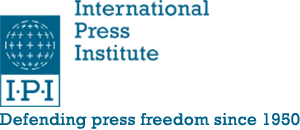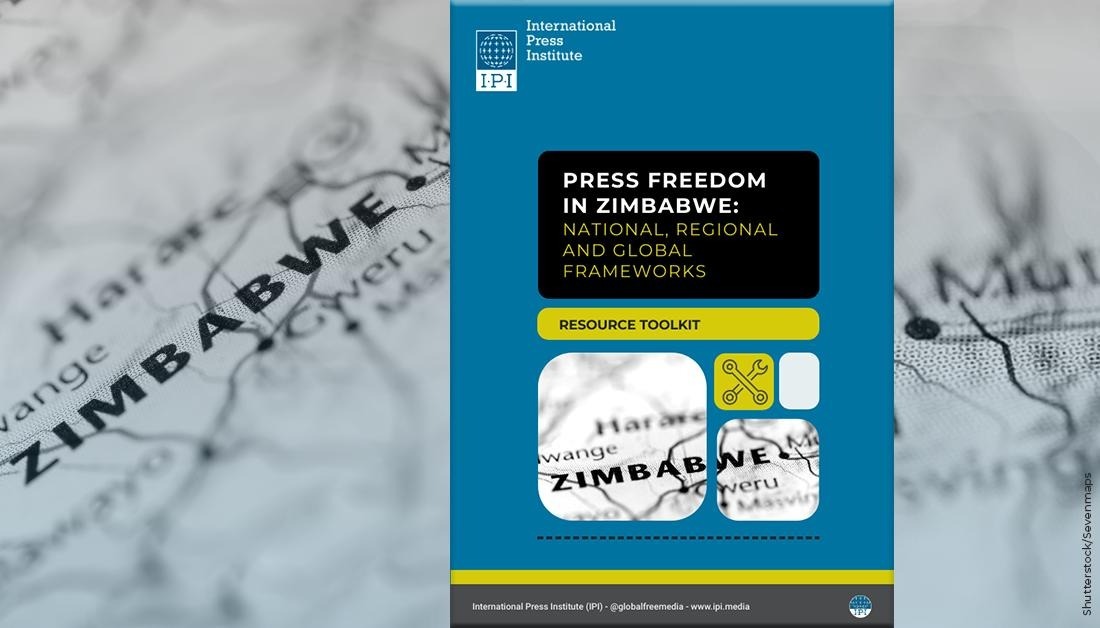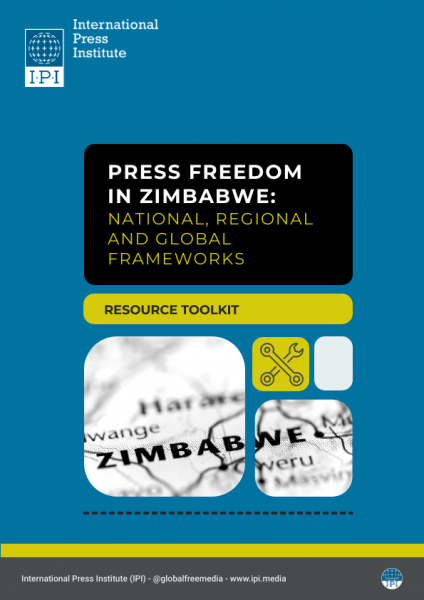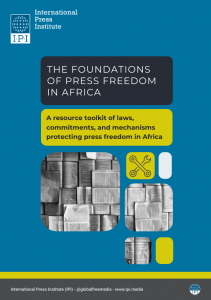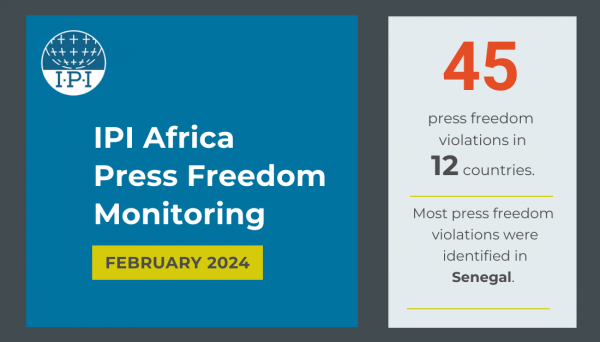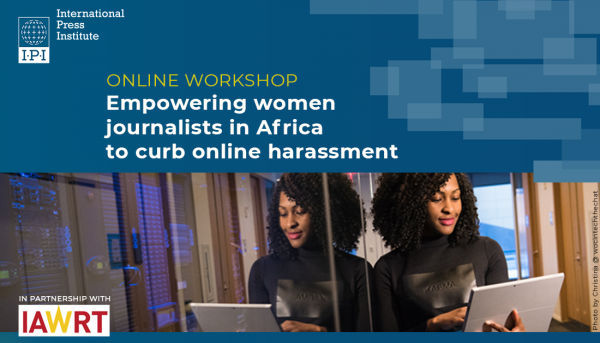Press freedom in Zimbabwe continues to face numerous challenges. IPI’s monitoring of press freedom in the country has shown that journalists experience unlawful arrests and detention, online threats and harassment, and restrictions to access information. Recorded incidents have been reported in IPI’s monthly monitoring factsheets (see, for example, the November 2022 factsheet, the December 2022 factsheet, and the July 2023 factsheet).
It is against this background that IPI has launched a new resource toolkit in the form of a compilation of existing legal frameworks for protecting media freedom, free expression, and access to information in Zimbabwe. These include international, regional, and national commitments, treaties, protocols, and case law.
IPI’s toolkit highlights progressive legislation at the national level like Zimbabwe’s Constitution, particularly the Bill of Rights, and the Freedom of Information Act, which provide for the right to freedom of expression and of the media and access to information. The Freedom of Information Act sets in place principles, standards, and structures to enable the realization and exercise of the constitutional right to access information.
Reference is made also to international instruments like the International Convention on Civil and Political Rights to which Zimbabwe is bound as well as regional instruments such as the African Charter on Human and Peoples’ Rights.
The Zimbabwean courts have also made key decisions on press freedom issues like criminal defamation, criminal laws on reporting false news, and questions of national security and public order vis-a-vis freedom of expression. All these are existing mechanisms that can be relied on to protect media freedom and create an enabling environment for the media in Zimbabwe.
In addition to highlighting protective frameworks for press freedom in the country, the toolkit also notes the existence of provisions that undermine press freedom such as certain provisions of the Criminal Law Codification and Reform Act, Interception of Communications Act, and the Official Secrets Act, among others.
The toolkit can be used as a resource for domestic and international advocacy groups and other stakeholders working to support and improve the environment for press freedom and journalists’ safety in Africa. It was produced with expert input from legal experts and rights groups in Zimbabwe, including the Friedrich Naumann Foundation for Freedom and Paradigm Initiative.
See also: Resource toolkit ‘Foundations of Press Freedom in Africa’
This report is produced as part of IPI’s Africa programme, which is supported by the Government of Canada’s Office of Human Rights, Freedoms and Inclusion (OHRFI)
